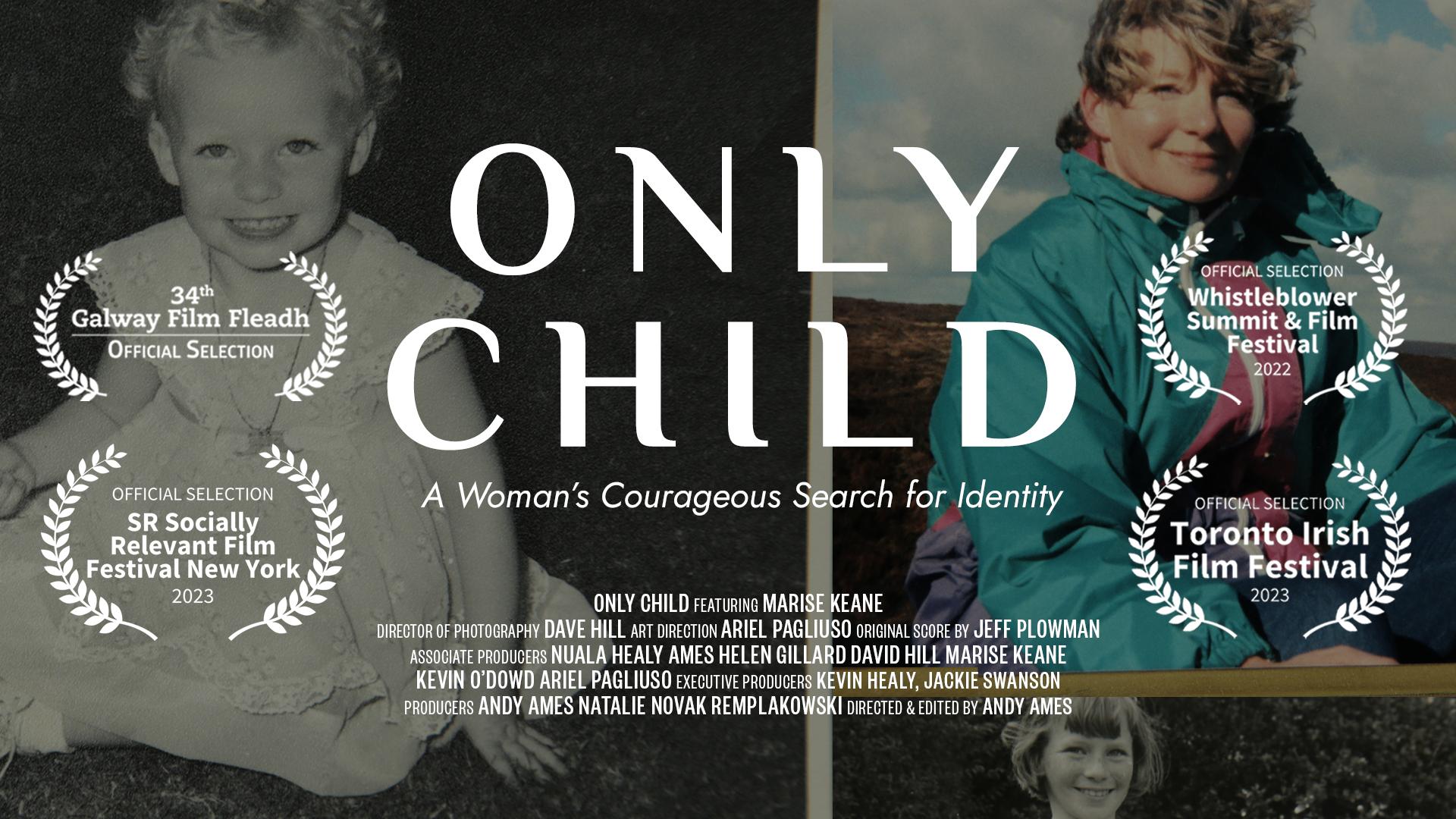
Only Child
The film chronicles her 20-year journey navigating the hypocrisy of a society that prohibited access to birth control while condemning unwed mothers and their children. The mothers were institutionalized, and the children sold to other countries, largely North America, by the church and state.
Records were hushed, kept secret.
With only her birth mothers name and place of birth in hand, Marise navigates a series of roadblocks and dead ends.
An insider’s view regarding Ireland’s shameful backstory and current political landscape is revealed through Marise’s journey combined with stories and revelations by many others affected by the church-controlled state.
Philomena Lee (the inspiration behind the Oscar nominated film Philomena) sets the stage of what it’s like to have a child adopted from you against your will. Politicians, historians, a show-band leader, as well as a little-known woman’s rights movement called The Contraceptive Train illuminate how Ireland’s misogynistic history came to be. Some stories are heartbreaking, some humorous.
Eventually, an agency locates Marise’s birth mother, but is denied access.
A year goes by as Marise tries to find her father in Canada. No luck. Marise gives up.
Ten years later, while on Google, Marise discovers that she has cousins in Dublin. She decides on one last ditch effort.
After an emotional connection, she then finds out that her parents married and had five children in Canada. Marise nervously agrees to call.
After the initial shock has settled, 3 of her new sisters travel to Ireland to find an exuberant meeting full of unconditional love.
Marise's story is one of joy and struggle, good versus evil,
and ultimately a story of hope.


